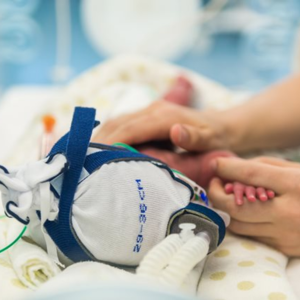 Brooke just registered for Challenge South Australia
Brooke just registered for Challenge South Australia Mark just registered for Challenge South Australia
Mark just registered for Challenge South Australia Paul just registered for Challenge South Australia
Paul just registered for Challenge South Australia Ra just registered for Challenge South Australia
Ra just registered for Challenge South Australia Ryleigh just registered for Challenge South Australia
Ryleigh just registered for Challenge South Australia Neil just registered for Challenge South Australia
Neil just registered for Challenge South Australia Cheryl just registered for Challenge South Australia
Cheryl just registered for Challenge South Australia Garath just registered for Challenge South Australia
Garath just registered for Challenge South Australia Briony just registered for Challenge South Australia
Briony just registered for Challenge South Australia Bruce just registered for Challenge South Australia
Bruce just registered for Challenge South Australia Maddy just registered for Challenge South Australia
Maddy just registered for Challenge South Australia Laura just registered for Challenge South Australia
Laura just registered for Challenge South Australia Ben just registered for Challenge South Australia
Ben just registered for Challenge South Australia Prue just registered for Challenge South Australia
Prue just registered for Challenge South Australia Luisa just registered for Challenge South Australia
Luisa just registered for Challenge South Australia David just registered for Challenge South Australia
David just registered for Challenge South Australia Kevin just registered for Challenge South Australia
Kevin just registered for Challenge South Australia Kathryn just registered for Breast Cancer Awareness Month 2023
Kathryn just registered for Breast Cancer Awareness Month 2023 Christian just registered for Challenge South Australia
Christian just registered for Challenge South Australia Danny just registered for Challenge South Australia
Danny just registered for Challenge South Australia
What we do
As the healthcare needs of Queenslanders grow, so does the role of Mater Foundation.
Mater Foundation is an iconic Queensland fundraising and philanthropic institution, committed to providing exceptional care through health, education and research. It meets a profoundly satisfying mission to improve the health and wellbeing of our community and to continue the Mater tradition of care and compassion.
Mater Foundation helps to underpin an extensive network of hospitals across Queensland, a world-class research institute and a nationally accredited education provider.

Donate
Donate today to help raise much needed funds for ground-breaking research, exceptional patient care and education at Mater. You can make a one off donation, or choose to give monthly.

Join an event
Join the fun and help raise much-needed funds for patient care, education and research at Mater, by taking part in one of our events held throughout the year. We have events for people of all ages and fitness levels.

Fundraise
Fundraise your way! Choose what you do, when you do it and what area of need you'd like to support. This is your way to customise your fundraising completely to you.
Get involved
Check out what we have coming up and how you can take part.
See the latest Mater events calendar.
















